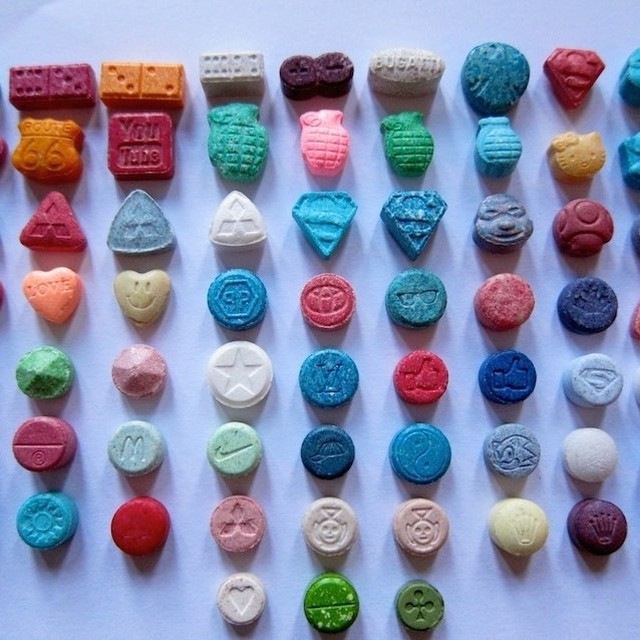MDMA works primarily in the brain by acting on the serotonin system
MDMA, also known as 3,4-methylenedioxymethamphetamine, is a psychoactive drug with both stimulant and hallucinogenic properties.
MDMA is illegal in most countries and its use is strictly controlled. However, the drug continues to be popular among young people, particularly in the party scene.
MDMA works primarily by increasing levels of serotonin in the brain. Serotonin is a neurotransmitter that plays a role in mood, appetite, and sleep.
It is also involved in memory and learning. MDMA also increases levels of dopamine, another neurotransmitter that plays a role in mood, motivation, and movement.
The effects of MDMA can last for several hours. The drug can cause users to feel happy, energetic, and connected to others.
It can also lead to increased anxiety, paranoia, and confusion. In some cases, MDMA can cause users to experience “bad trips” characterized by intense fear and anxiety.
MDMA is often used in combination with Buy MDMA canada other drugs, which can increase the risks associated with its use. For example, MDMA is often used with alcohol, which can lead to dehydration and increased heart rate.
MDMA is also sometimes used with marijuana, which can amplify the effects of both drugs.
MDMA use can have long-term effects on the brain. Studies in animals have shown that MDMA can damage the brain’s serotonin system, which is involved in mood, appetite, and sleep.
MDMA use has also been linked to memory problems and depression.
If you or someone you know is using MDMA, it is important to be aware of the risks associated with its use. If you are concerned about your own use, or the use of someone you know, please seek professional help.

How MDMA affects the serotonin system
MDMA (3,4-methylenedioxymethamphetamine) is a synthetic drug that alters mood and perception. It is a member of the substituted amphetamine class of drugs and has stimulant and hallucinogenic effects.
MDMA acts by increasing the levels of three neurotransmitters in the brain: serotonin, dopamine, and norepinephrine. Serotonin is involved in regulating mood, appetite, sleep, and memory.
Dopamine is involved in the brain’s reward system, and norepinephrine is involved in regulating alertness and attention.
The effects of MDMA typically last for 3-6 hours. The drug is often taken multiple times in a session, which can last for several hours.
MDMA is thought to cause its effects by increasing the release of serotonin from neurons in the brain. Serotonin is a neurotransmitter that plays a role in regulating mood, appetite, sleep, and memory.
MDMA is also thought to block the reuptake of serotonin, which leads to an increase in serotonin levels in the brain.
MDMA is known to be neurotoxic to serotonin-producing neurons. Long-term use of MDMA can lead to loss of serotonin-producing neurons and changes in brain chemistry.
MDMA is illegal in most countries. It is classified as a Schedule I drug in the United States, which means that it has a high potential for abuse and is not considered safe for use.




